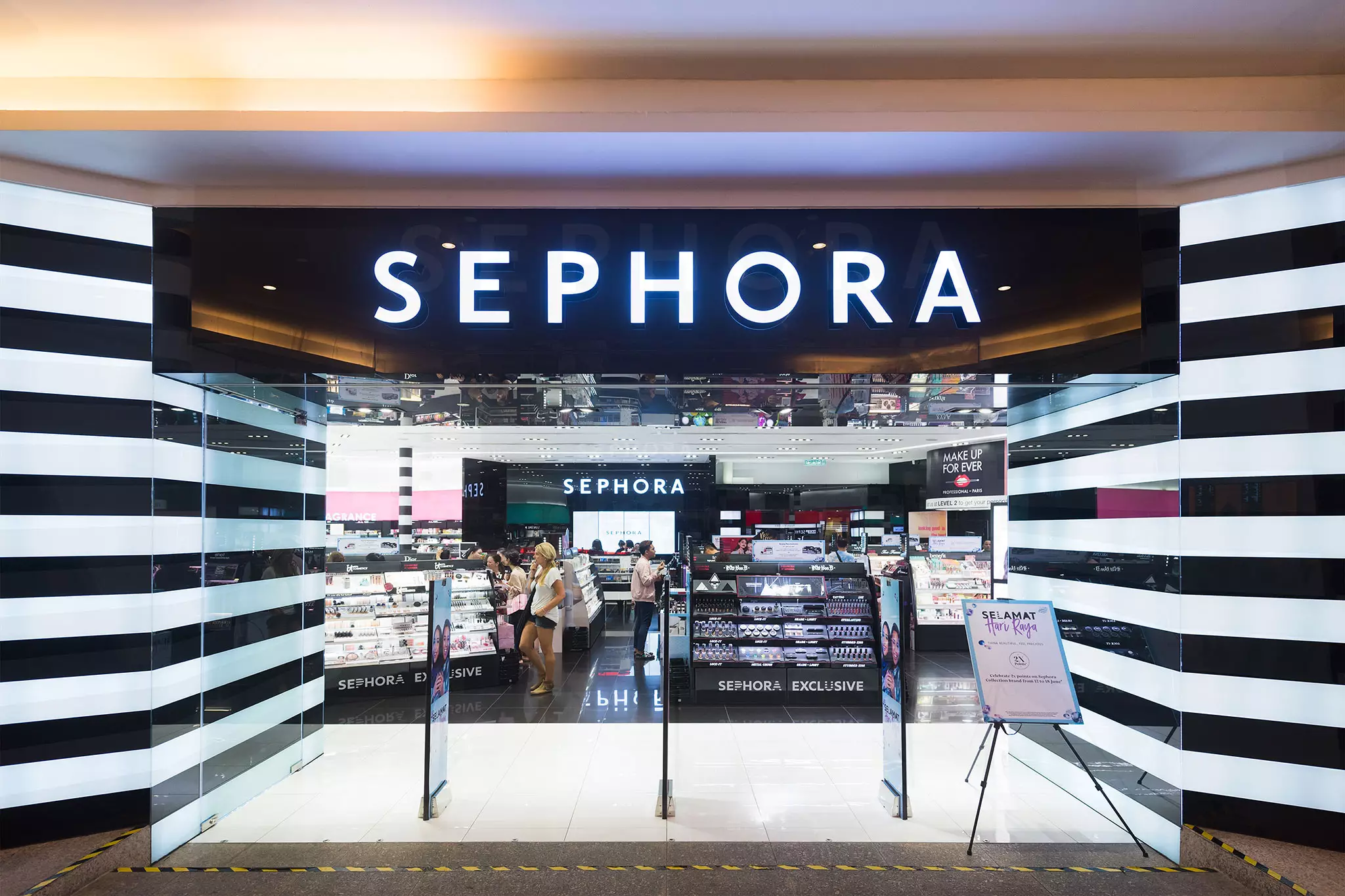Why are there 10-year-old girls at Sephora? A deeper look into the TikTok joke.
Opinion:
If you’ve spent any time on social media in the past few weeks, you’ll have likely seen dozens of videos in which preteen girls show off their extensive and pricey skincare routines. The Internet has picked this up as a joke; most of the criticism has revolved around making fun of the girls for being rude to Sephora employees or playing with products–but is there something beyond the surface at play?
Children on social media are the most accessible target audience
A lot of people like to think of Gen Z as the first ‘online’ generation since we were the first generation to grow up with access to the Internet. In a way, this accusation is true, but since social media was so new to the world as we were growing up, people were hesitant to use it. I still remember my childhood as being relatively Internet-free. It was always there should I have wanted to use it, but most of the time I was playing outside with my friends. So, really, it feels like we were only guinea pigs in the digital age. Gen Alpha is a different story. Since the Internet and social media have become such an integral part of modern society, parents are seemingly less hesitant to let their children go online, and now there are unsupervised 9-year-olds all over social media who have no concept of what is dangerous or misleading on social media, let alone what a digital footprint is. This is great news for big corporations since this age group is quite impressionable, especially with the rise of influencers and micro-influencers. Now, corporations have the means to advertise to a new and vulnerable audience. They can take products for adult skin and put them in colorful and inviting packaging to appeal to preteen girls and sell more. This is especially the case with skincare products from companies like Drunk Elephant, Laneige, and others.
Where sexism and consumerism overlap
Girls and women ultimately lead this trend, which complicates it. This is similar to the Stanley Cup craze; given that both trends have women at the forefront, by criticizing them, you risk being accused of internalized misogyny. It is a concerted effort by big corporations to sell us products in the name of feminism. Doing this means they can get away with whatever they want while we fight over who is a ‘pick-me girl’ and who isn’t, to the point where the term has lost significance and has itself become sexist. When big companies reduce the human experience to material things, they sell a lot. In the case of skincare and makeup, shopping at Sephora and owning a $100 lotion have become integral parts of the supposed sisterhood.
Retinol and the anti-aging scam
As much as big companies are capable of selling us products thanks to the emphasis on social media, they are also able to sell us an idea. Young girls everywhere are being sold the idea that they need to start on their anti-aging journey as soon as possible, and it definitely doesn’t help that aging is demonized online. Retinol is a vitamin found in some of the most popular skincare products online. It promotes increased cell and collagen production, which helps people maintain youthful skin. The issue is not that these products don’t work; it’s that they are deliberately being advertised to the wrong audience. Preteens are not even close to needing retinol, but through the power of marketing and celebrity endorsements, they’ve convinced themselves that they do.
What are our next steps?
Perhaps there is little we can do to stop this problem, but the preteen girls of today deserve better. Now more than ever, it is being enforced that they are not enough and that if they don’t buy Drunk Elephant’s retinol cream they aren’t beautiful. Moving forward, we should think more carefully about letting children use social media; they are an easy target, and no level of maturity can outweigh the power that big companies have on them. The 10-year-olds at Sephora might be a funny joke for now, but it’s a very telling joke about the state of capitalism.
